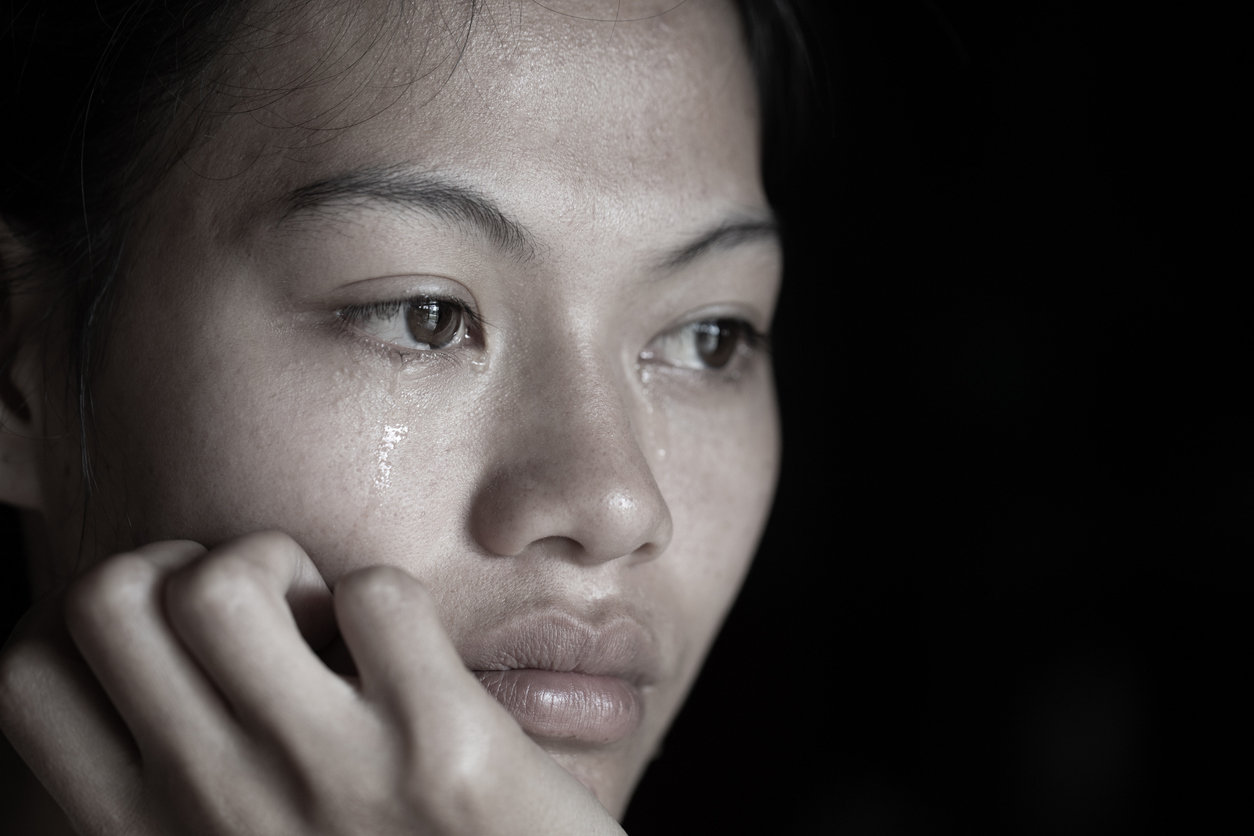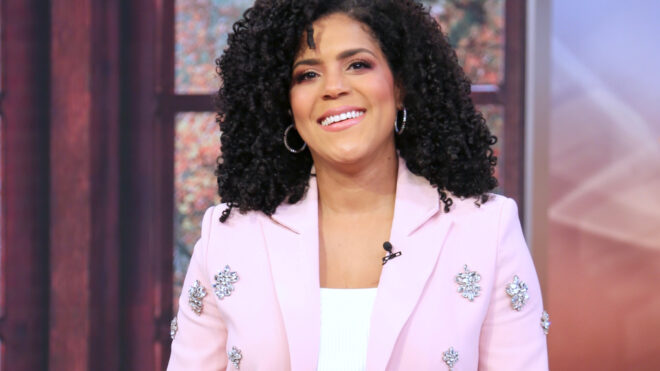
Those who have experienced the death of a child know how heartbreaking it is and how painful the process of accepting a loss that is so unexpected and agonizing is. It tends to have such a heavy impact because a parent outliving a child goes against the natural order of things. Some parents have been open about their losses, including celebrities like Vanessa Bryant, who lost her husband, Kobe Bryant, and their daughter, Gianna, in January 2020.
Dealing with such a loss is a delicate topic to discuss, as it is something that you never really get over, you just learn to live with it with time despite the deep emotional wounds it leaves behind. Coping with the death of a child can be a tough and long journey, and reaching the point of acceptance is not easy. If you or someone you know is facing a loss like this, there are ways to overcome it or at least help you push forward and teach you how to take things one day at a time.
More from MamásLatinas: Celebrity deaths: Famous stars we lost in 2020
Some specialists believe that grieving the death of a child is a different type of grief because even though we know death is inevitable for us all, you are never quite prepared for the death of a son or daughter. There are too many emotions and feelings that a person undergoes after a tragic loss, and seeking professional help is necessary for learning how to deal with it.
Even supporting someone who is dealing with the death of a child can be tough and, without knowing, we can say or do things that can cause them pain while they are in mourning. Many times, what a person truly needs is support and our company. We've listed some ways to cope with the loss of a child and also how you can help someone through this difficult journey.
1. The first step, and perhaps the most important, is for you to seek professional help.

Whether it is you or someone you love who is going through this, it is so important that you look for the help of a grief counselor or therapist who can better guide you through this journey. Openly talking about death and grieving can be considered taboo, so having a professional hold your hand through your grief process can be extremely beneficial.
2. Ask for the respect you deserve.

Recognize your pain and don't minimize it. It is valid that you need time to deal with what has happened and putting on a brave face or hiding your feelings won't help. You are going through three losses:
- The expectations and hope.
- The journey of being a parent.
- Not being able to have a future with your child and seeing that child grow.
3. There could be moments of guilt where your mind will play tricks on you, so take control.

"I could have prevented it" or "I did something wrong" are self-inflicted thoughts that could be used to punish yourself. Write down all your thoughts, then write a letter to yourself being more objective and understanding with yourself. Explain the reality of the situation to yourself after each negative thought, and read it to yourself often.
4. Welcome the pain, because avoiding it won't change what happened.

Cry, vent, and write. Author and therapist Martha Alicia Chávez says that those moments of deep pain are the ones that allow us to believe in a higher power that can comfort us. Find comfort in a therapist or your loved ones so that you don't feel alone as you let yourself feel the sadness. When we block out pain, it can affect us and our health in negative ways down the line.
5. Accept the waves of anger that will come.

This could be the fire that helps you deal with the hurt. It's natural to feel angry at yourself, at the situation, at God, or at life itself. Don't blame yourself if you feel anger, instead find ways to release it. Punch a pillow, kick a soccer ball, squeeze a stress ball, or go for a run. Yell and scream as you need, and release all of the feelings of despair and resentment you might feel.
6. Give value to the positive memories, and hold them in your heart.

These special moments you shared with your loved one will stay with you in your heart forever. What they left behind with you will last a lifetime, even if that person is no longer by your side. Write down memories and stories of good times you shared so that you always have those special times to look back on.
7. It's important that you carry out a goodbye ritual so you can begin to accept the departure.

Whether it's a large memorial service like Vanessa Bryant hosted in honor of her husband and daughter, or planting a tree in your backyard, any symbolic act can work in helping you say goodbye. Write a letter to honor your child's memory, and allow yourself to feel everything you feel in your heart. Do it alone or with someone you trust as a special way to say a final goodbye.
8. Lean on your partner for support.

If you are lucky enough to have a partner who can share in this loss with you, lean on them. It's important that you both share your pain with each other. The people who are still left behind around us can often become the targets of our anger, but they too are dealing with the loss like you are. It's easier having someone beside you holding your hand through every stage of grief. Whenever you do need space, ask for it, but remember that you have an ally in this pain you are both experiencing.
9. Be patient. Healing isn't linear.

Grief is not a linear process, meaning that there can be days when you feel fine and others where you feel terrible. There can be moments where the sadness or the anger can return in a profound way. There will also be moments when you feel at peace. Take it easy on yourself and don't rush the process. It is a long process that never truly ends, but you learn to deal with it better with the passing of time and a commitment to finding transformation and healing after an awful loss.




